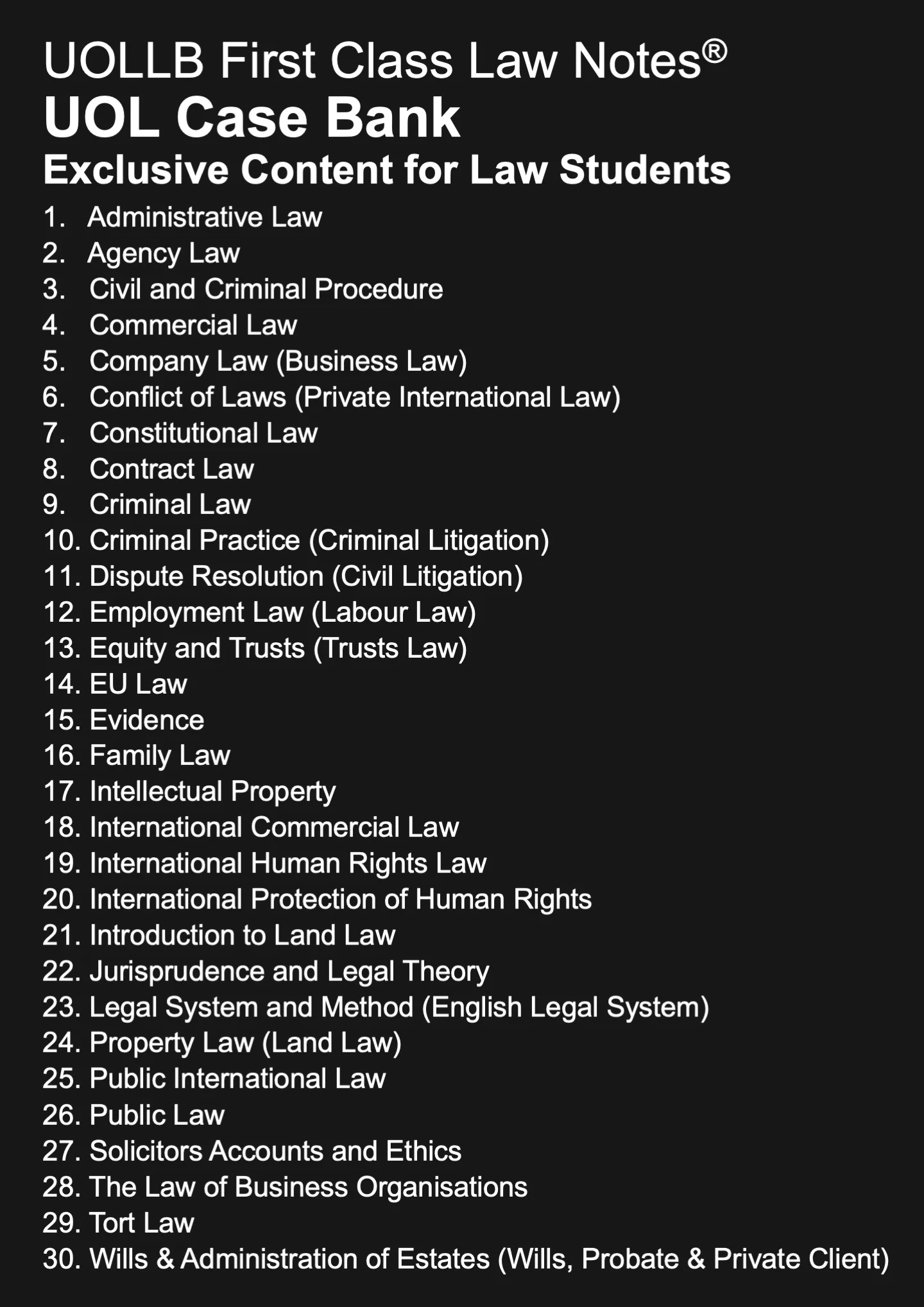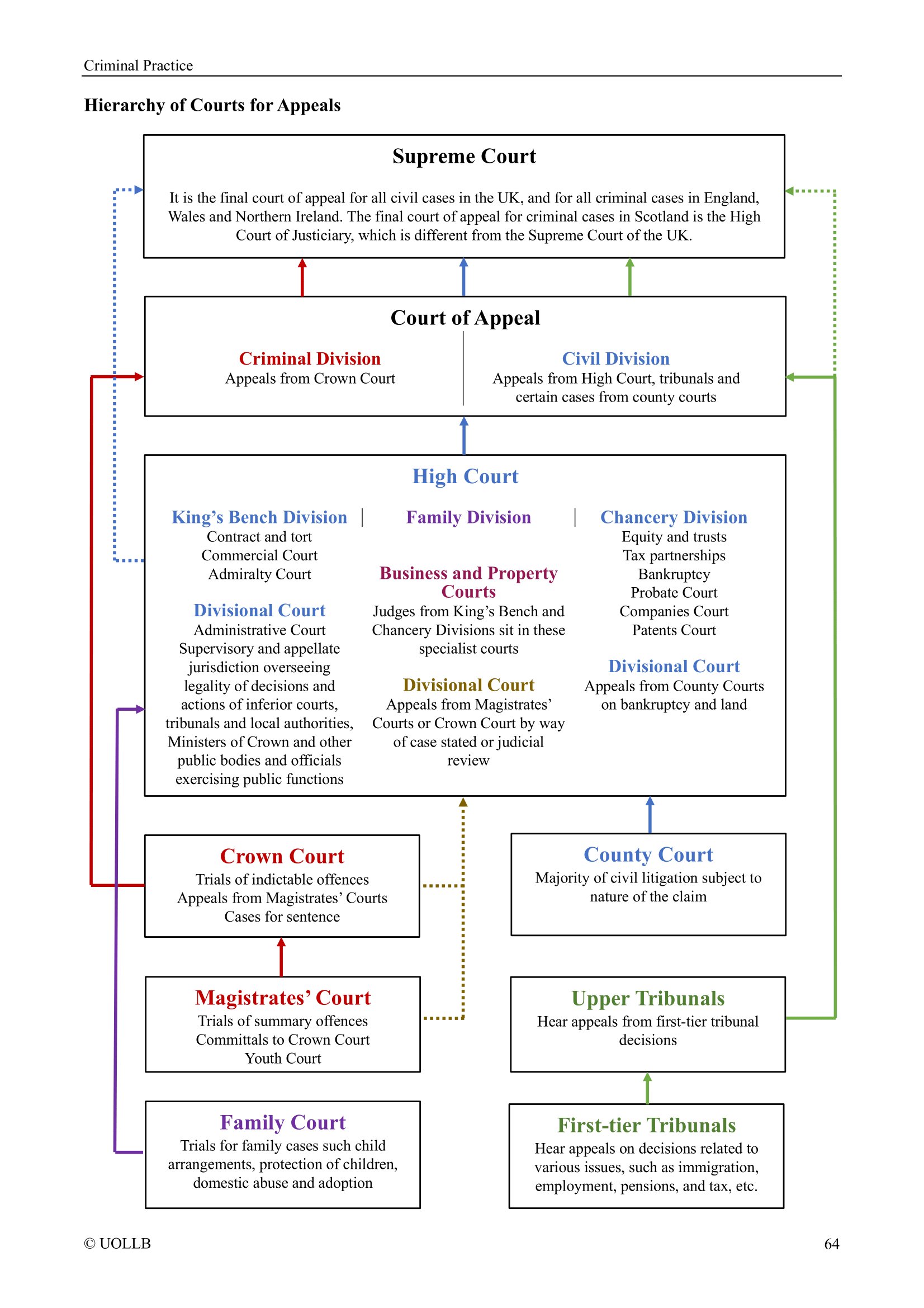Parliamentary Democracy
Share
Parliamentary democracy is a form of government in which the people elect representatives to a parliament or legislative assembly, which then becomes the primary source of political power. The parliament is responsible for making and passing laws, and the executive branch of government (typically led by a prime minister or a president) is accountable to the parliament.
In a parliamentary democracy, the head of government is usually the leader of the political party or coalition that holds the majority of seats in the parliament. This person is known as the prime minister or the premier, and they are responsible for appointing and leading the cabinet, which is made up of other high-ranking members of the government.
Parliamentary democracy is practiced in many countries around the world, including the United Kingdom, Canada, Australia, India, and Japan. It is often contrasted with presidential democracy, in which the executive branch is separate from the legislative branch and is headed by a directly elected president.
In a parliamentary democracy, the head of government is usually the leader of the political party or coalition that holds the majority of seats in the parliament. This person is known as the prime minister or the premier, and they are responsible for appointing and leading the cabinet, which is made up of other high-ranking members of the government.
Parliamentary democracy is practiced in many countries around the world, including the United Kingdom, Canada, Australia, India, and Japan. It is often contrasted with presidential democracy, in which the executive branch is separate from the legislative branch and is headed by a directly elected president.























































